A few weeks ago, I was in Iowa and South Dakota and saw first-hand the fields of stunted, parched corn that are the result of the worst U.S. drought in 56 years. Sioux Falls had .01 inches of rain in July. It was on everyone’s mind.
I spent some time with my brother-in-law who farms corn and soybeans. He told me that the local economies across the Midwest, especially farming communities, were going to take a big hit. And he noted that national food prices will rise significantly at a time when low- and middle-class people in our fragile economy can least absorb them.
It’s no secret that we face a future that will feature more instability due to climate change, peak oil, and the evolving grip that the ultra-wealthy have on our society.
Unless I’ve completely missed it, our local discussions and efforts to improve our economy seem to exhibit no significant discernible theme of prioritizing economic development strategies that increase our odds of weathering the turbulent transition years that are upon us.
Chatham County recently celebrated the ground-breaking for a Walmart just south of Chapel Hill. Setting aside the many documented damaging externalities that come with these sales-tax-generating behemoths, there has been no consideration of how a Walmart affects our sustainability and resilience.
We know that fuel costs will rise. We know that climate change will mean higher food prices, as will rising fuel costs. Aside from child labor and cruelly low-paid overseas workers, Walmart’s success has been built largely on transporting products extremely long distances and taking advantage of the high yields from agri-business.
Communities that have consciously grown their local agriculture, promoted alternative energy including biofuels, and retained control over their local water will have the most vibrant economies in the next couple of decades of stormy transition. Local business leaders are understandably anxious about how to pay for community essentials in the face of the betrayal of leadership and loss of support from the greater society. However, if we are not careful, we may have short-term success with a few “silver bullet” solutions, yet find ourselves ill-equipped to meet the unique challenges that only a self-reliant, community-based economic system is capable of doing.
Related Stories
‹
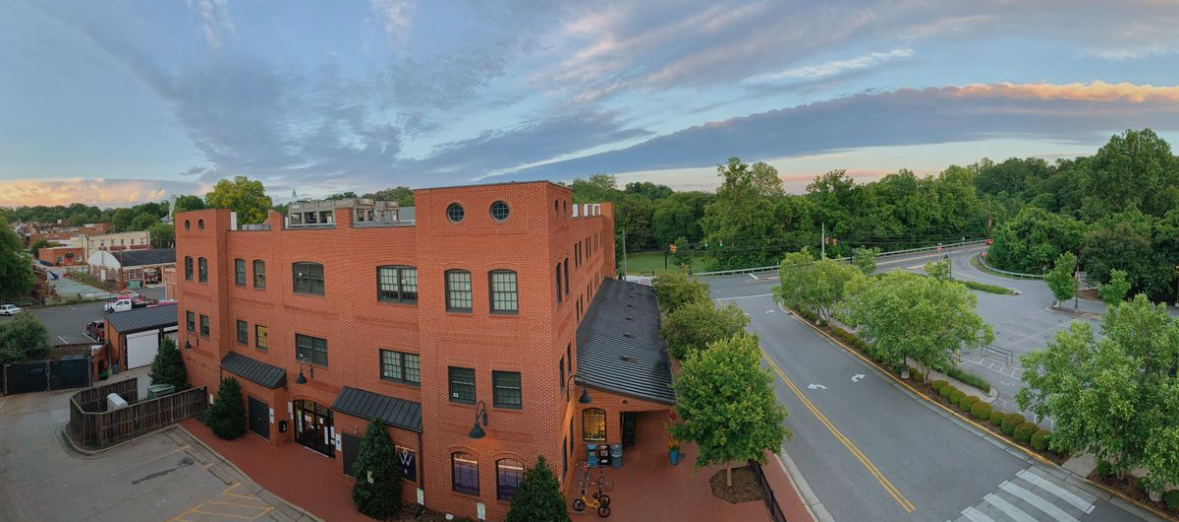
'A Beautiful Effort': Community-Organized Hillsborough Climate Challenge BeginsMonday, April 1 will kick off the Hillsborough Climate Challenge – a full month of events highlighting sustainable activities for Hillsborough residents.
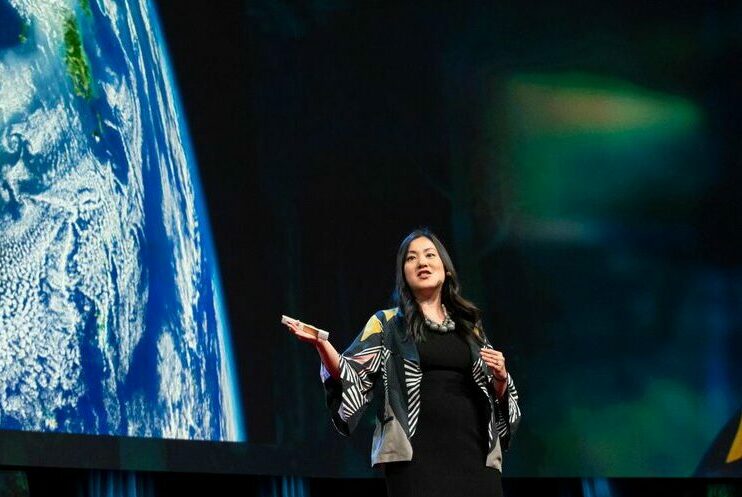
Policy, Language and Tech: UNC's Angel Hsu Discusses Combating Climate ChangeAngel Hsu is an associate professor in UNC’s environmental ecology program. She recently spoke with 97.9 The Hill about her work as the director of a data-driven envirolab and how technology can teach us more about combating climate change on a local government level. Check out highlights of the conversation below, which are lightly edited […]
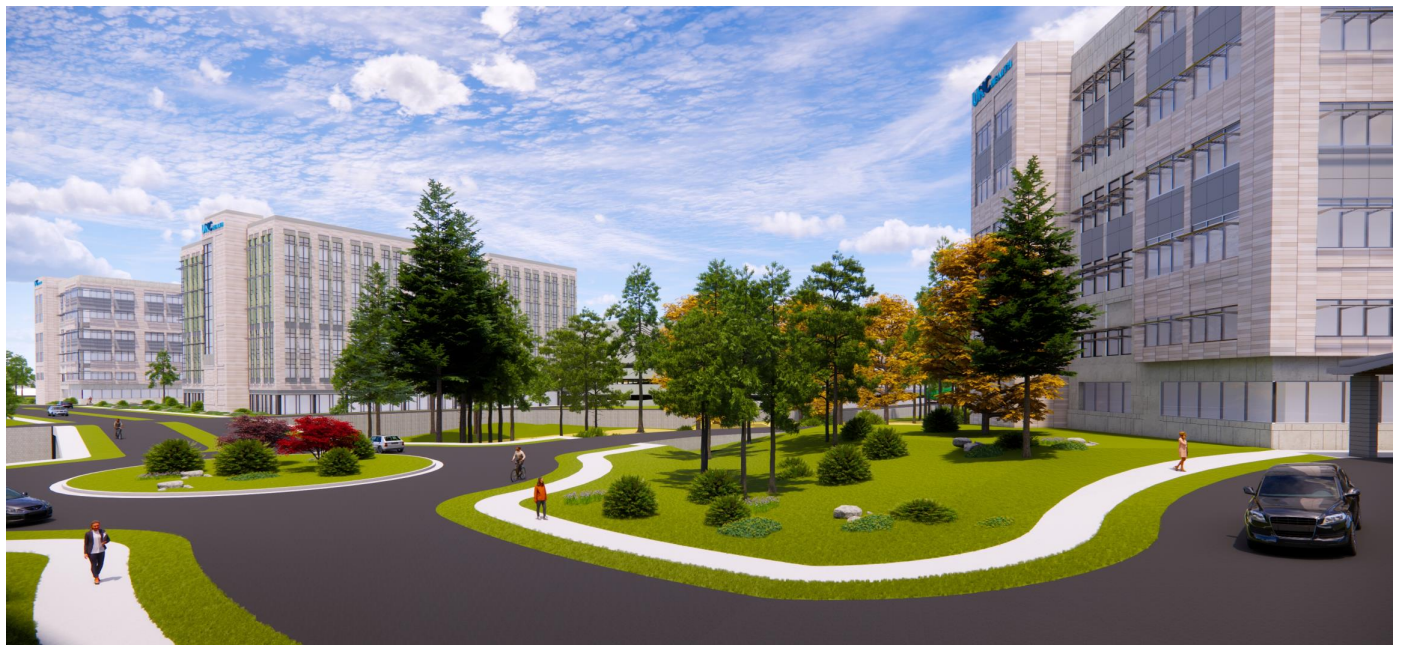
UNC Health Considering $5 Million Affordable Housing Fund for Chapel HillUNC Health is building at least 10 medical offices. To house potential employees, it is planning to create an affordable housing loan fund.
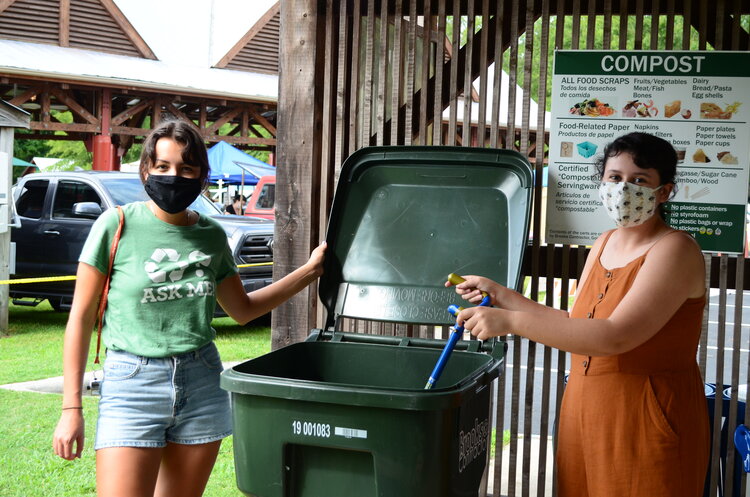
Town of Carrboro Considering Curbside Compost PickupCarrboro has two curbside waste collection options: trash or recycling. But, the town is considering adding a third bin into the mix: compost.

Looking for Ways to Celebrate Earth Day? Check Out These Local Events.People around the world are celebrating Earth Day under the theme "Invest In Our Planet." Here’s how you can celebrate locally around town.
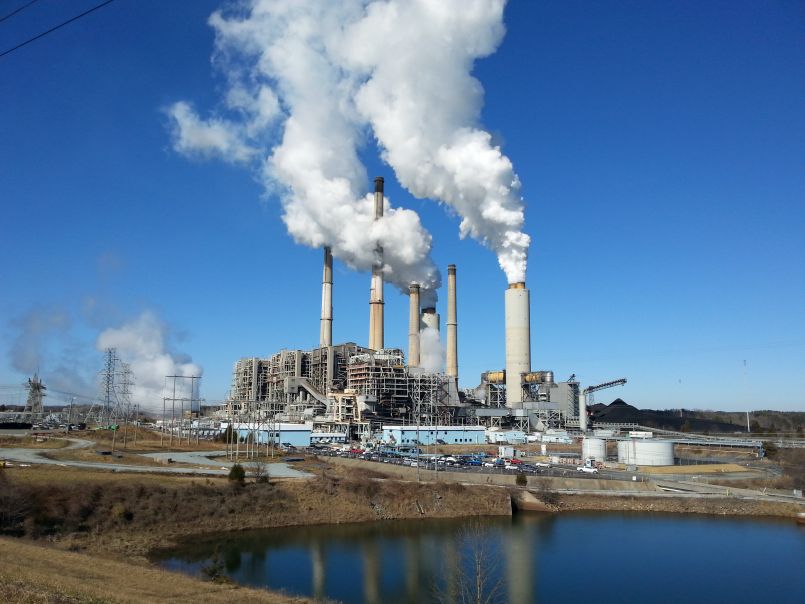
Remember the State's Carbon Plan? Here's How Duke Energy Plans to Address ItAbout a month ago, the state passed a plan that requires public utility companies to change how they use fossil fuels.
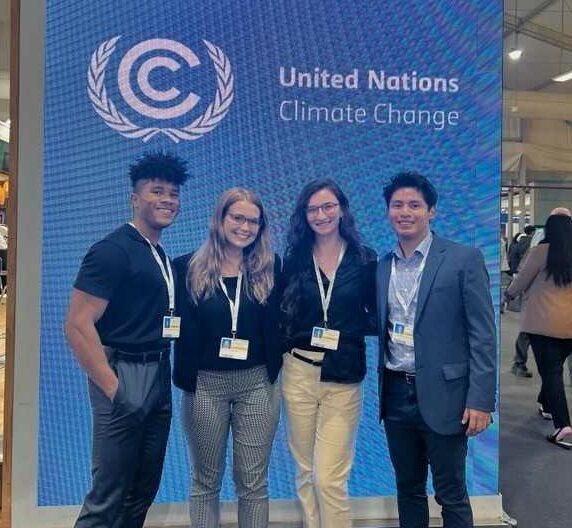
UNC Student Details Experience at International Climate SummitThe COP 27 Climate Conference hosts countries in the United Nations to discuss efforts and propose solutions to combat climate change. Last month, some of UNC’s very own had the unique opportunity to attend the conference in Egypt.

Giant, Sustainable Rainforest Fish Is Now Fashion in AmericaWritten by FABIANO MAISONNAVE Sometimes you start something and have no idea where it will lead. So it was with Eduardo Filgueiras, a struggling guitarist whose family worked in an unusual business in Rio de Janeiro: They farmed toads. Filgueiras figured out a way to take the small toad skins and fuse them together, creating […]

Lead Detection in UNC Library Leads to Removed FountainsAfter detecting lead in multiple tests, UNC announced it is removing several drinking fountains from Wilson Library. The University’s Office of Environment, Health and Safety shared the news in an email to the campus community on Thursday around 3:30 p.m. “Other drinking fountains in the building were tested, showed no detectable levels of lead and […]

DEQ Considers Brownfields Program for Chapel Hill Police Station PropertyStudies are being conducted to determine if the EPA Brownfields Program can be used to clean up and redevelop the 828 MLK Jr. property.
›











